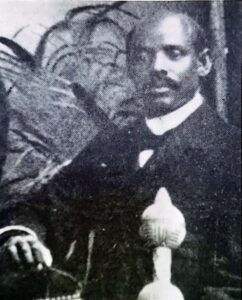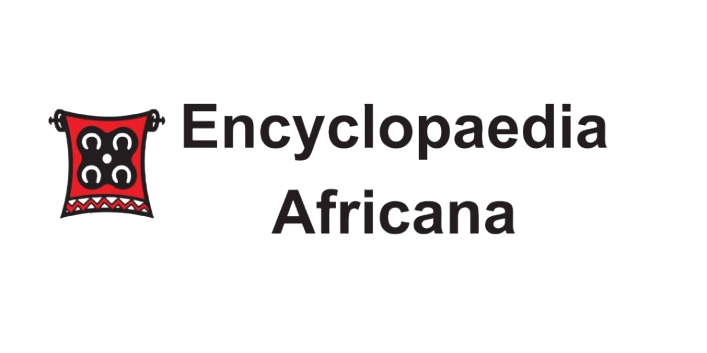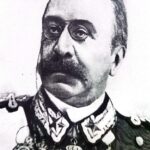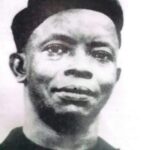JONES, THOMAS FREEMAN EDWARD
- 2 Min Read
Thomas Freeman Edward Jones (1851-July 18, 1924) was a prosperous Cape Coast merchant, an early nationalist, and a founding member of the Aborigines’ Right Protection Society (A.R.P.S), who was active at the turn of the century and in the years that followed.

PHOTO CAPTION: Jones, T.F.E SOURCE: EA Library
Born in 1851, he was a native of Abakrampa, a town in the state of Abura, located east of Cape Coast. For some time, he was the Cape Coast agent for two British companies, first the colonial Rubber Estate, and later the Anglo-Belgium Company.
He was an early nationalist, and when the Aborigines’ Rights Protection Society (A. R. P. S) was formed at Cape Coast in April 1897, he was one of its foundation members, and became one of its three vice presidents. He led the society’s deputation to England in 1898 to oppose the Lands Bill of 1897 which, if enacted by the British, would have jeopardised the African land tenure system. As a result of the society’s representations, the bill was withdrawn. He was also a member of the deputation sent to London in 1912 to oppose the forest Lands Bill of 1911, which was also withdrawn. He was described by a contemporary as a man who possessed all the attributes of a trained lawyer. He became the president of the A. R. P. S. in 1914.
His contribution to the cause of education in the country was substantial. He served as secretary and treasurer of the Mfantsi National Education Fund, established in 1902 to provide a secondary education for young Gold Coast Africans. He was a member of the Cape Coast Town Council from March 1907 onwards. He was also one of the pillars of the Methodist Church at Cape Coast, and was a local preacher. He died at Cape Coast in 1924.
Jones was a man of wide experience in Gold Coast affairs, whose advice was sought by the court in legal matters involving customary law.
J. M. AKITA




